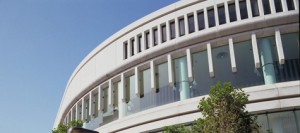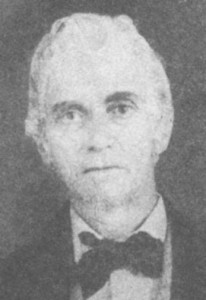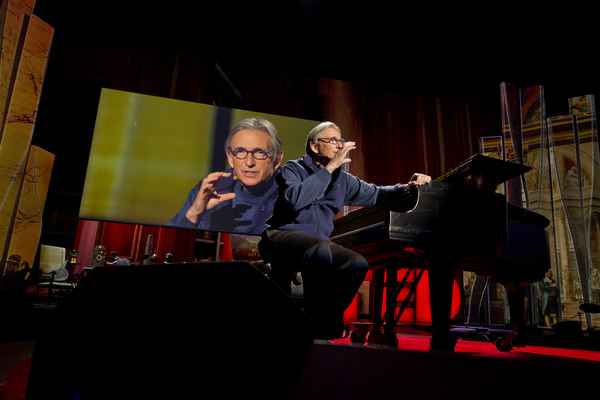You may have seen the recent headlines. Brainstorming is dead. It’s counter-productive, ineffective. A waste of time.
As someone who’s been part of many a brainstorming session over the years, I can’t say I found this too surprising. I’ve seen a lot of ideas come out of brainstorming sessions, but I can’t say that I’ve seen a lot of those ideas actually work.
So how does one foster innovation at an organization in a process that actually yields results? A recent article by Daniel Sobol in Fast Company suggests this intriguing alternative to brainstorming, which he outlines in five easy (or at least, easy-to-understand) steps. He works at Continuum, a company which offers “innovation consulting.” He also has a background in the performing arts. The solution?
Deliberative discourse–or what we fondly call “Argue. Discuss. Argue. Discuss.” Deliberative discourse was originally articulated in Aristotle’s Rhetoric. It refers to participative and collaborative (but not critique-free) communication. Multiple positions and views are expressed with a shared understanding that everyone is focused on a common goal. There is no hierarchy. It’s not debate because there are no opposing sides trying to “win.” Rather, it’s about working together to solve a problem and create new ideas. Read the full article.
The five steps of the “Argue. Discuss. Argue. Discuss” process are:
1) No Hierarchy
2) Say No, Because…
3) Diverse Perspectives
4) Focus on a Common Goal
5) Keep it Fun
Give this article a read and let us know your thoughts. Is this an idea that should be brought into the orchestral world? Anyone out there already doing this?



 Tonight, Mason Bates wears two very different hats at Davies Symphony Hall. First, he will appear onstage with the San Francisco Symphony Chorus and organist Paul Jacobs to perform his new composition, Mass Transmission. Once the concert is over, he’ll move to the Second Tier lobby-turned-lounge for an event called Davies After Hours. In a nightclub-like atmosphere, he’ll spin electronic tracks and beats as “DJ Masonic” with friends David Arend on upright bass, Aaron Kahn on trumpet and Gloria Justen on electric violin.
Tonight, Mason Bates wears two very different hats at Davies Symphony Hall. First, he will appear onstage with the San Francisco Symphony Chorus and organist Paul Jacobs to perform his new composition, Mass Transmission. Once the concert is over, he’ll move to the Second Tier lobby-turned-lounge for an event called Davies After Hours. In a nightclub-like atmosphere, he’ll spin electronic tracks and beats as “DJ Masonic” with friends David Arend on upright bass, Aaron Kahn on trumpet and Gloria Justen on electric violin.
